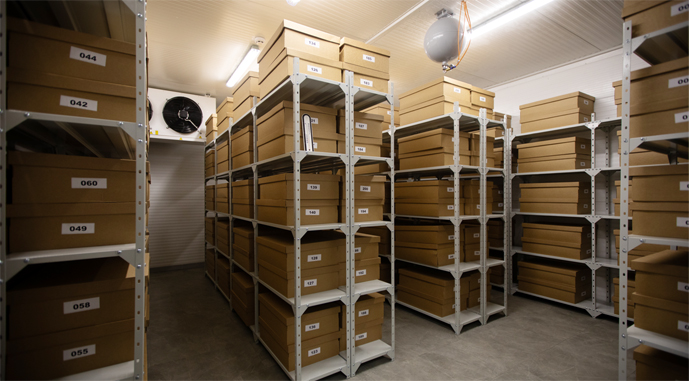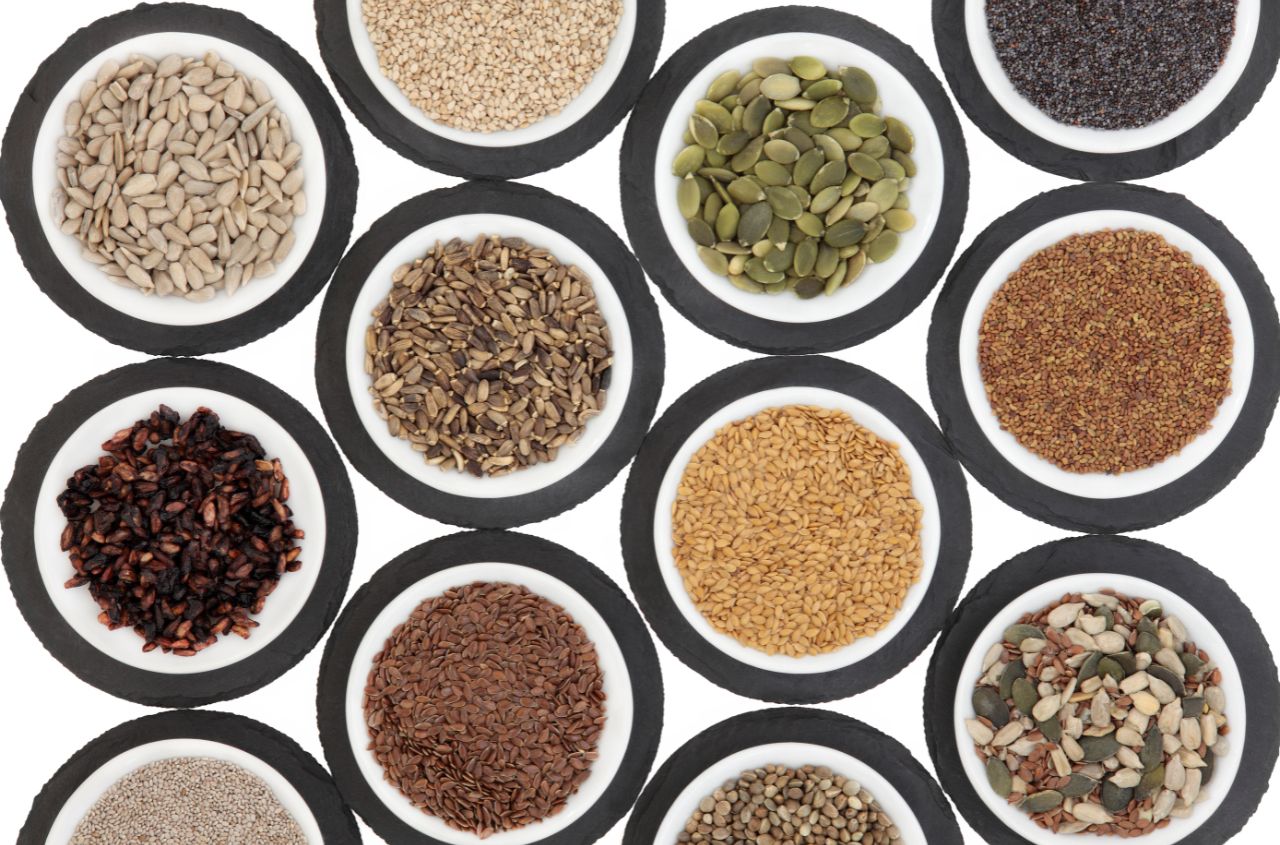The Food and Agriculture Organization of the United Nations (FAO) has officially opened Ukraine’s Doublet Plant Genetic Resources Center and handed it over to the National Academy of Agrarian Sciences of Ukraine (NAAS).
The storage facility was created with financial support from the European Union and in partnership with the International Treaty on Plant Genetic Resources for Food and Agriculture, the Crop Trust, and the Nordic Genetic Resource Center (NordGen).
“The opening of the Doublet Center marks the second phase of the joint EU–FAO project launched in 2022 in response to the destruction of the National Gene Bank in Kharkiv. After the urgent evacuation of 51,000 long-term storage samples to a temporary facility in western Ukraine, the new center now provides permanent and secure storage for these collections and forms the foundation of a modernized national system of plant genetic resources,” the organization noted.
The modular complex includes laboratories, drying, refrigeration, and freezing chambers, as well as office spaces for full scientific activity, ensuring the long-term and sustainable preservation of Ukraine’s unique seed collection.

“The opening of the Doublet Center is an important event for Ukrainian science and for FAO’s broader mission to help countries protect the foundation of their food systems,” said Shahnosa Muminova, head of the FAO Office in Ukraine. “This initiative ensures that Ukraine’s unique plant genetic resources, some of which are not represented in any other gene bank worldwide, will be preserved for future generations of farmers and researchers. Every seed stored here opens new opportunities for breeders and scientists to combat climate change and food insecurity.”
The Doublet Center is equipped with modern laboratory instruments and designed according to energy efficiency principles; a 100 kW solar power installation is planned for late 2025 – early 2026.
Together with the Yuriev Institute of Plant Production and the Ustimiv Experimental Station, the center forms a unified national network housing over 154,000 samples representing 2,002 plant species, FAO clarified.





















